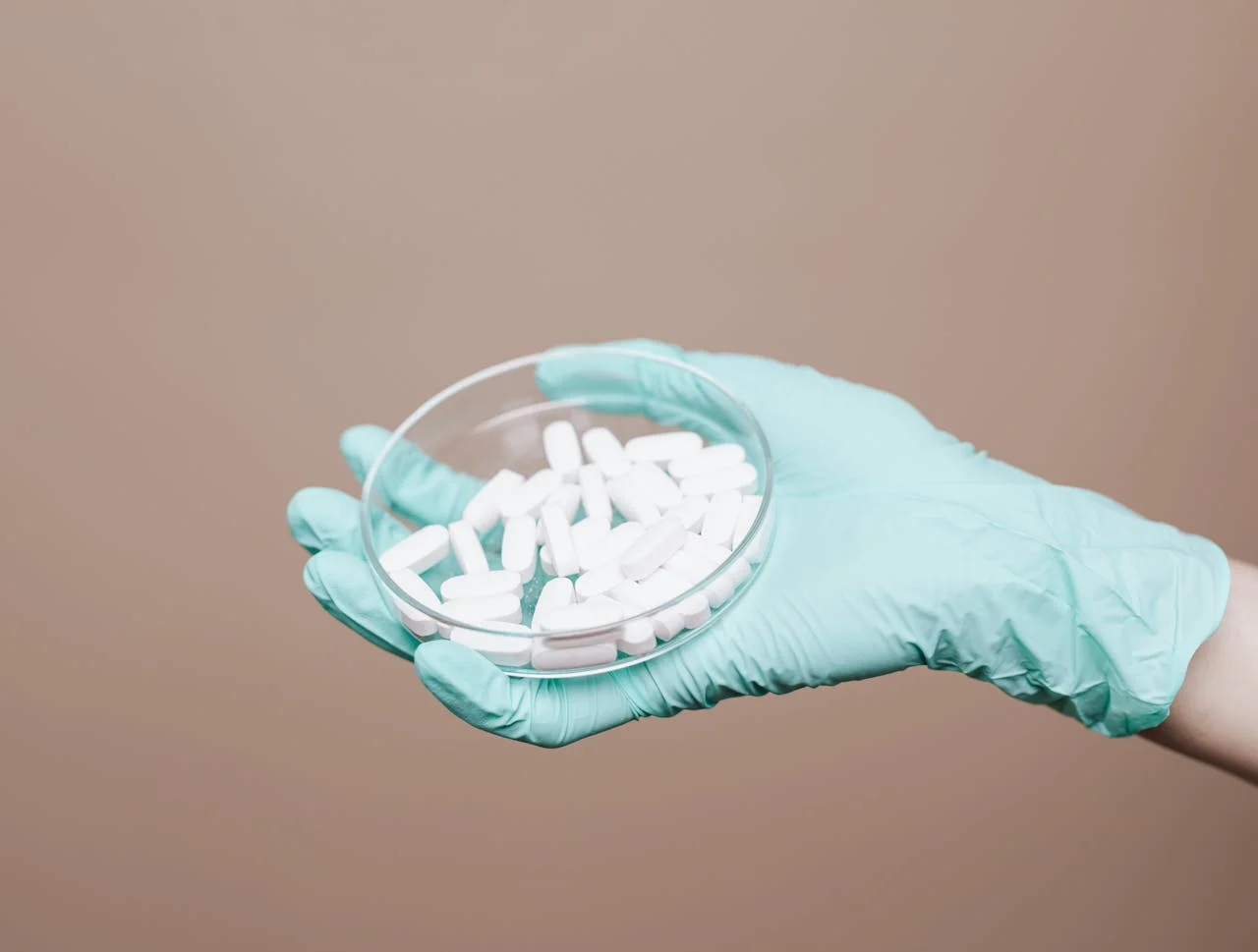
The advent of new drugs targeting diabetes, obesity, and cardiovascular diseases has sparked a surge in the demand for polypeptide manufacturing. This surge, in turn, has propelled an industrial intensification in peptide Active Pharmaceutical Ingredient (API) manufacturing to meet quality, efficiency, cost, and volume standards. In the realm of commercial-scale peptide API manufacturing, two primary production methodologies stand out: synthetic and recombinant.
Comparison of Synthetic vs. Recombinant Peptide Synthesis
Both approaches boast distinct advantages and confront unique challenges, crucial for stakeholders in the pharmaceutical industry to consider when determining the most suitable production strategy. Let’s delve into the current state-of-the-art, strengths, weaknesses, and future trajectories of each approach.
Recombinant Peptide Synthesis
Recombinant peptide synthesis involves the production of peptides using genetically engineered organisms like bacteria, yeast, or mammalian cells. Here, the DNA sequence encoding the desired peptide is introduced into the genetic material of a host organism. This modified DNA directs the host organism’s cellular machinery to produce the peptide as it grows and divides.
During recombinant synthesis, the host organism translates the recombinant DNA into the peptide chain, often with the capacity to conduct post-translational modifications, crucial for the functionality of many biologically active peptides. The resulting peptides are harvested from the culture medium or cell mass and purified through various biochemical techniques.
Advantages of Recombinant Synthesis:
- Cost-effectiveness for large-scale production: Leveraging microbial or cell culture media reduces costs, making it suitable for large-volume peptide production.
- Facilitates 3D protein folding and post-translational modifications: Capable of producing peptides with complex tertiary structures and specific modifications crucial for biological activity.
- Small waste footprint and sustainable processes: Reduces chemical waste and energy consumption, aligning with green manufacturing principles.
Challenges in Recombinant Synthesis:
- Complex purification needs: Extensive downstream processing is required due to impurities, which can be cost-intensive and technically challenging.
- Potential for immunogenicity: Introduction of novel peptide sequences may trigger immune responses in patients, limiting clinical utility.
- Lengthy development cycles and up-front costs: Creation and optimization of genetic constructs and fermentation processes demand significant time and investment.
Synthetic Peptide Synthesis
Synthetic peptide synthesis is a chemical process used to construct peptides in a laboratory setting without biological organisms. This method involves sequentially linking amino acids through chemical reactions, commonly using solid-phase peptide synthesis (SPPS) or liquid-phase peptide synthesis (LPPS).
Advantages of Synthetic Synthesis:
- Precision and customization: Enables incorporation of diverse synthetic elements and post-translational modifications.
- Automation, scalability, and speed: Automated SPPS allows rapid production, meeting swift demand in pharmaceutical applications.
- Elimination of biological contaminants: Unlike recombinant methods, synthetic synthesis does not involve host organisms, simplifying regulatory compliance.
Challenges in Synthetic Synthesis:
- Complex starting materials and high costs: Synthetic amino acids and specialized reagents can be expensive.
- Scale-up and process optimization: Increases in scale introduce variations that require extensive development and optimization.
- High process mass intensity and solvent waste: Repetitive steps consume resources and produce solvent waste, impacting sustainability.
- Error accumulation for longer peptides: Synthesizing longer peptides poses challenges due to higher probabilities of sequence errors.
Chemical Synthesis and Hybrid Approaches
The success of emerging peptide drugs is largely attributed to solving pharmacokinetic challenges through chemical modifications. Growing molecule complexity, demand for speed, and technological innovations favor chemical synthesis for next-generation drugs. Chemical synthesis excels in producing stable molecules and offers faster production, aligning with the industry’s push for accelerated drug development.
In conclusion, technological advancements are expected to alleviate the challenges associated with both synthetic and recombinant peptide synthesis, making chemical synthesis and hybrid approaches increasingly prominent in next-generation peptide API manufacturing.





